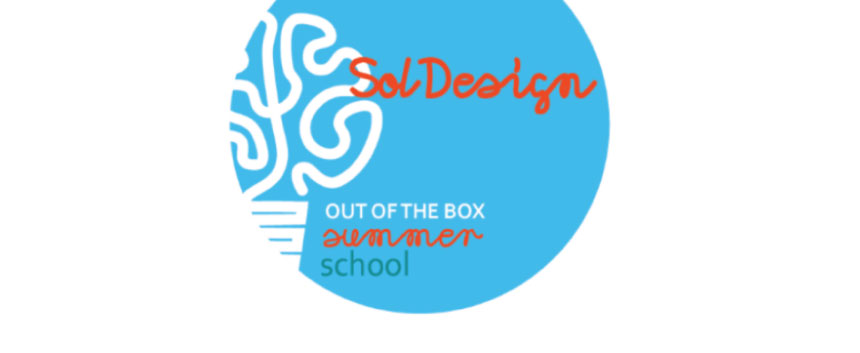SUMMER SCHOOLS
SOLUTION DESIGN 2023

The summer school was organised as a Blended Intensive programme (BIP) with a physical and a virtual part.
Virtual part
Before the event, each participant prepares a short video presentation that should be between 1.5 and maximum 2 minutes long. The presentation should be about something that is characteristic for participant’s university, something that they find unique or distinctive about their university and what they found unique about the city of origin. Also, they should introduce themselves.
The aim of the first online event was to increase motivation before actual face to face event and to start building interpersonal relationships. During the event the participants present video presentations. In this way, they bring in their background to the group. In addition, they have some time to greet other participants. Participants can share their expectations and motivations for participating in the Summer School.
The second online event is introductory lecture about the summer school goals, methods and motivational use cases.
Physical part
In the summer school, participants learn how to deal with complex problems based on a practical example they choose within the given topic. They learn how to first identify problems and then understand the needs of the people and environment related to the problem. They learn to look outside the established framework for solutions that better meet the real needs of humanity.
The theme of the summer school is the value of waste. Here, when we use the term waste, we do not only mean material waste, but we understand the word in its broadest sense, as something that at a certain point no longer has value for us and we throw it away. Just as waste, we can also consider, for example, the waste of human potential, discarded animals, and much more. We have chosen waste as the basic concept of the school because it also has a broader interpersonal dimension, pointing to the connection and interdependence of humans and nature.
KIP methods and results
To achieve the goal of the Summer School, we combine theoretical learning and field observation with practical application of the new knowledge to develop new skills. Each topic is first presented by an expert who gives a lecture on the current state of the art in her field. The lecture is followed by a field trip where the principles presented can be tested in practise. In parallel, students develop their solutions, applying the knowledge gained from the previous activities
The process is supported by teamwork techniques, creative thinking methods, cross-team discussions, and challenging tutoring. Classes focus primarily on fostering teamwork and group dynamics.
As a result of the Summer School, the students gain knowleadge and skills about:
- systemic approach and holistic design thinking
- interdisciplinary problem identification, formulation and analysis
- interdisciplinary solution design, which includes technical, ecological, biological, economic, sociological, artistic and other perspectives
- problem and solution modelling, prototyping, testing and presenting, using most effective techniques for a given situation
- extensive teamwork and inter-team discussions.






